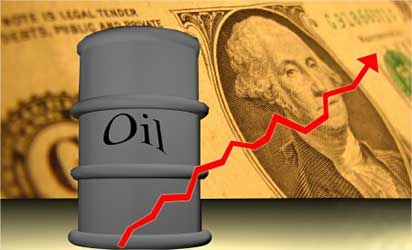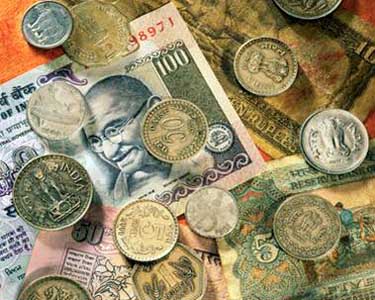
Punjab, the land of wheat in India is shockingly increasing its VAT for wheat and with this all traders take a turn to its peers Rajasthan and Uttar Pradesh….
So this needs some more explanation. The tax we total should possibly constitute branched minor taxes…. The traders basically pays 14.5 % which could be divided into 5 % VAT, 2 % of it moving to the rural development fund, 3% cess and 2 % commission to the agents.. In Punjab flour millers have to pay 10.5 % percent taxes…
Things are different in Punjab’s neighbors… It’s high enough if the trader pays just a 4.6% to buy wheat from the state of Rajasthan with a minimum support price… In Uttar Pradesh, traders need to pay 8 % to get wheat and this is comparatively lower to what Punjab charges... flour mill owners don’t have to pay higher taxes and they are…
Rajasthan announced that the state offers an exemption to all the private millers and so all can come over to their place to buy wheat… This is great news to all wheat sellers with Rajasthan charging costlier taxes… So all agricultural operative domains and private wheat trading will stream to Rajasthan…
Many flour millers feel Punjab is higher in VAT and with the same quality wheat could be got in other states with a full exemption… If Punjab has to sell well, then all it has to do is to bring down the VAT to that of the peers…
Punjab has always had a higher rate on VAT for wheat… However quality is typical in all the three states with no further differences… Though Agricultural corporate concerns choose Punjab for wheat, private buyers go for the other two states…
For more comprehensive news on tax visit http://www.indiataxpayer.org/




